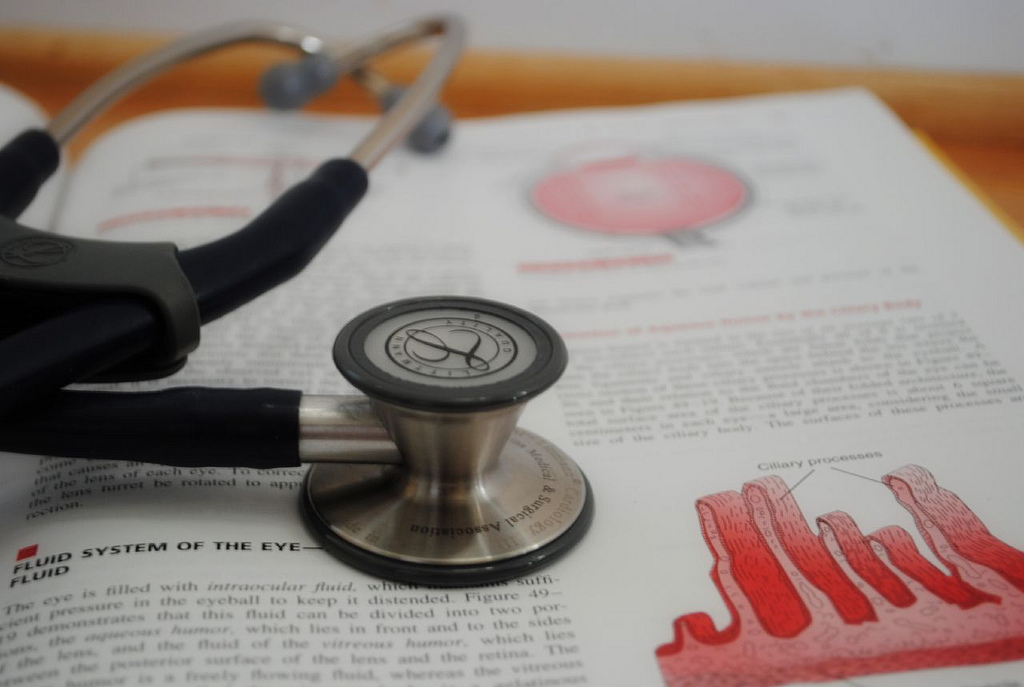A Day in the Life of a Neurosurgery Physician Assistant
/1. Why did you decide to pursue a career as a neurosurgical physician assistant (PA)?
I chose the PA profession because it enabled me to start practicing clinically after completing a 2 year program and it helped me to keep my options open with regard to medical specialty. Another practical reason for choosing the PA profession was cost. Paying for two years of graduate school as opposed to four years of medical school made more financial sense to me. I also have another master's degree and professional certificate, so student debt was a real concern.
I chose the neurosurgical field because I worked in orthotics (specifically customized spinal bracing) prior to this and most of my experience was working with orthopedics and neurosurgery. I knew entering PA school that I would end up working in one of those fields. I did my elective in neurosurgery and loved every aspect of it and there was an opening when I graduated. It is a perfect fit for me.
2. What is a typical day for you like?
My days vary greatly. My clinical days are spent between outpatient clinic, inpatient and critical care rounding, and procedures. I used to spend more time in the operating room, but in my new role I spend more time with awake patients than anesthetized patients. In addition to clinical work, I am an assistant clinical professor at Northeastern University PA program. I spend time in the classroom teaching clinical courses, healthcare delivery, and professional issues.
3. What is one of your favorite aspects of being a Physician Assistant (PA)?
My favorite aspect about being a PA is the variety. Every day is different and the patient population that I work with is diverse.
The most rewarding aspect is being able to help patients on a day-to-day basis. I work in cerebrovascular neurosurgery which, by nature, is an urgent/emergent subspecialty. Many of our patients come in through the emergency department with devastating diagnoses such as stroke or a ruptured aneurysm. My skill set as a PA allows me to not only help that patient clinically but also to sit down with the family and explain to them exactly what is happening to their loved one. I see it as an incredible honor and privilege to have the ability to help patients and families feel safer and more knowledgeable about their health than before they met me. Patients and their families come to us at some of the worst times of their lives into make them feel even a little better is by far the most rewarding aspect.
4. What has been the most interesting surgical case you have participated in?
Practicing neurosurgery at Brigham and Women's Hospital means that most of my cases are extremely interesting. We get transfer patients from hospitals all over the world with “tough to treat” conditions. One of my favorite cases was a deep brain stimulation case. We had a 55-year-old female with a Holmes tremor in her arm caused by a calcification in the thalamic portion of her brain. Our team was able to implant a lead with electrodes into her brain under MRI guidance to help control her tremor. If you are not familiar with the Holmes type tremor it is dramatic and sometimes described as “wing flapping” - this tremor had been so significant that it lead to a torn rotator cuff and disc damage in her spine. Being able to see this patient post-surgery use her hand for the first time in nearly 19 years was incredible.
Bianca Belcher, MPH, PA-C is a Neurosurgical PA at Brigham & Women’s Hospital, Boston, MA.












